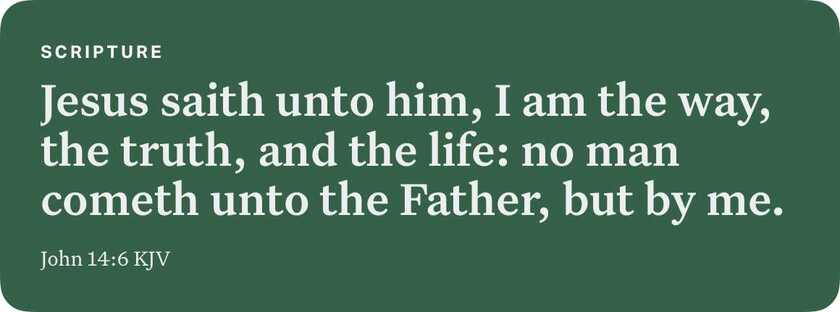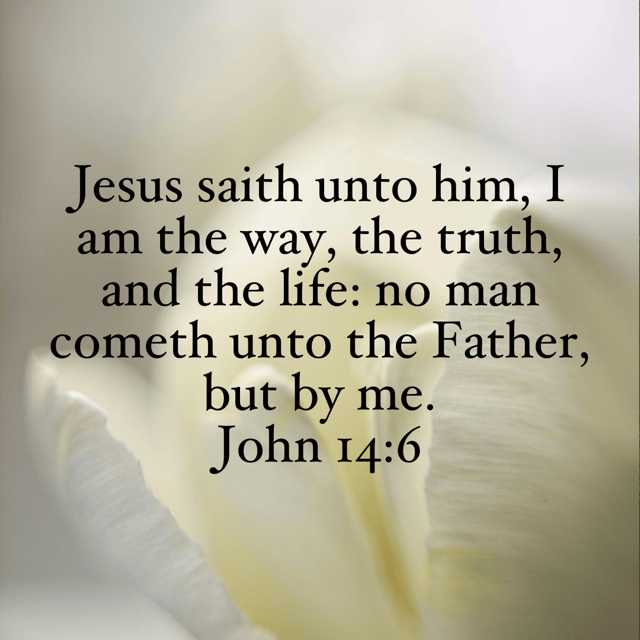I will share about Christian books I have read or listened to.
I will be sharing about my life before and after Christ. I will include stories about my pet and other pets I have encountered.
What Does It Mean to Be Generous?
The word “generous” is often defined as:
- Open in giving or sharing
- Willing to give help or support
- Unselfish
Generous living is not a concept limited to the wealthy, the gifted, or the lucky. Generosity is a lifestyle that stems from a desire to worship God in every area of life.
The principle of generosity is laced all throughout Scripture, and we have the best model and mentor when it comes to seeing it in action—God. He sent His Son, Jesus, as a sacrifice for our mistakes so that way we could spend eternity with Him. That is generosity in action.
Psalm 24:1 says that “the earth is the LORD’s and everything in it, the world, and all who live in it…” Everything we have belongs to God and is given to us by Him. He is the owner, and we are His managers. And the people who manage well are often entrusted with more to manage.
It doesn’t matter how much we have—it matters what we do with what we’re given.
We will live generously when we view everything we have as a gift from God. And when we do that, our mindsets switch from “This is mine?” to “How can I share?”
So right now, think about how you view the things God has given you. Do you see them as gifts from God to be shared, or as accomplishments and possessions you’ve earned? What is one thing you can start doing today to become more generous?
“Then all Israel gathered themselves to David unto Hebron, saying, Behold, we are thy bone and thy flesh. And moreover in time past, even when Saul was king, thou wast he that leddest out and broughtest in Israel: and the LORD thy God said unto thee, Thou shalt feed my people Israel, and thou shalt be ruler over my people Israel. Therefore came all the elders of Israel to the king to Hebron; and David made a covenant with them in Hebron before the LORD; and they anointed David king over Israel, according to the word of the LORD by Samuel. And David and all Israel went to Jerusalem, which is Jebus; where the Jebusites were, the inhabitants of the land. And the inhabitants of Jebus said to David, Thou shalt not come hither. Nevertheless David took the castle of Zion, which is the city of David. And David said, Whosoever smiteth the Jebusites first shall be chief and captain. So Joab the son of Zeruiah went first up, and was chief. And David dwelt in the castle; therefore they called it ...
















